Leigh MacMillan
-
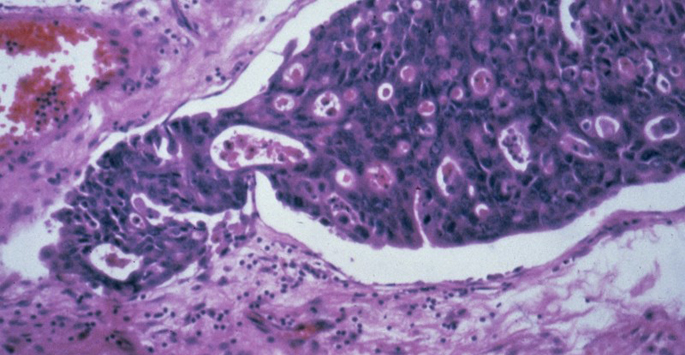
Therapeutic target for gastric cancer
A protein kinase linked to inflammation and tumor development may be a good target for gastric cancer therapies. Read MoreDec 12, 2013
-
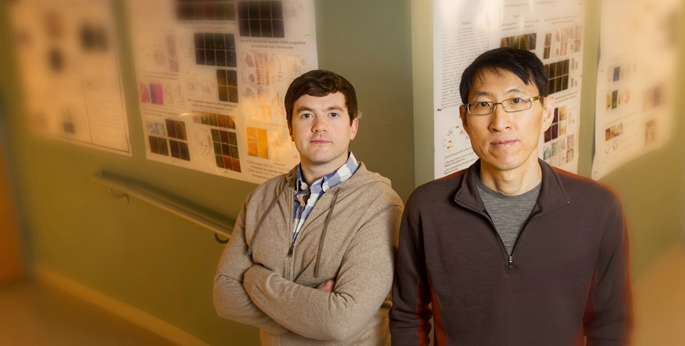
VU study points to central regulator of neuron development
Developmental biologist Chin Chiang, Ph.D., and his colleagues have discovered that Purkinje neurons in the cerebellum act as central regulators of neuronal development. Read MoreDec 12, 2013
-
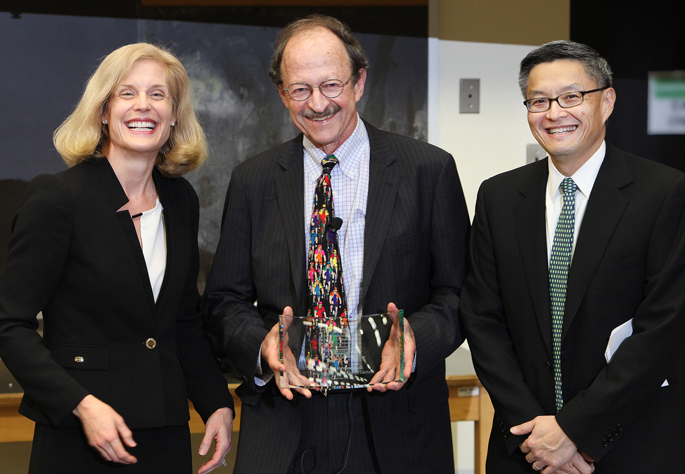
Research climate must be enhanced: NCI director
The director of the National Cancer Institute, Harold Varmus, M.D., told an overflow crowd at this year’s Orrin Ingram Distinguished Lecture that he is concerned about the climate for discovery research in the United States. Read MoreDec 5, 2013
-
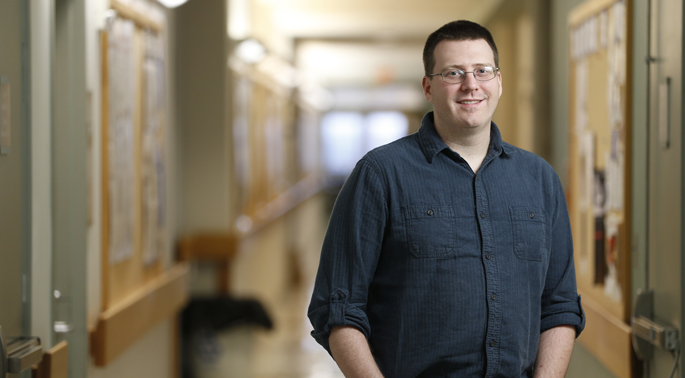
Pioneers of Discovery: Investigator explores how cells decide what’s on surface
Jason MacGurn, Ph.D., a new assistant professor of Cell and Developmental Biology at Vanderbilt, is studying how cells make decisions about the protein composition of the cell surface. Read MoreDec 5, 2013
-
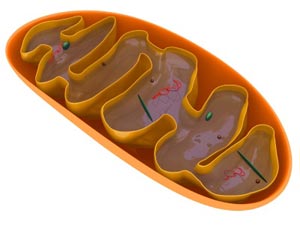
Mitochondrial mutations not random
A study of mitochondrial DNA mutations suggests they result from a process that selects for particular mutations in certain tissues. Read MoreNov 25, 2013
-
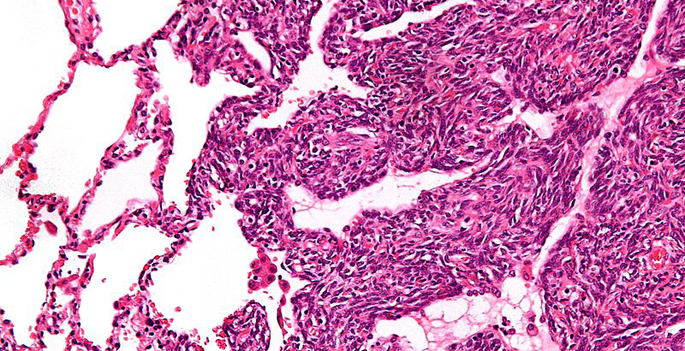
Therapeutic target for synovial sarcoma
Inhibitors of a signaling pathway that is critical to synovial sarcoma tumorigenesis may be useful treatments for this aggressive cancer. Read MoreNov 21, 2013
-
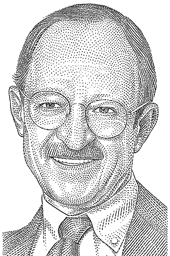
National Cancer Institute director set for Discovery Lecture
The director of the National Cancer Institute, Harold Varmus, M.D., will deliver the next Flexner Discovery Lecture on Thursday, Nov. 21. His lecture, “New Directions in Cancer Research,” will begin at 4 p.m. in 208 Light Hall. Read MoreNov 14, 2013
-
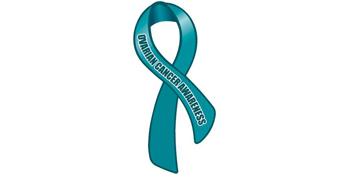
Molecular circuits in ovarian cancer
Vanderbilt researchers have used bioinformatics analysis of gene expression data to describe molecular “circuits” that drive ovarian cancer. Read MoreNov 13, 2013
-
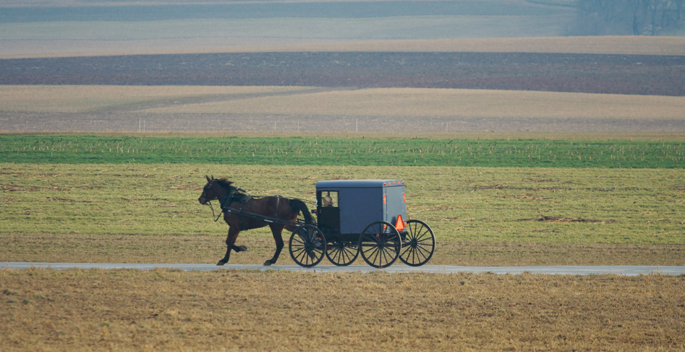
Amish aid study of Parkinson genetics
Amish populations are valuable for genetic research because of their isolation, shared ancestry and homogeneous lifestyles. Read MoreNov 11, 2013
-
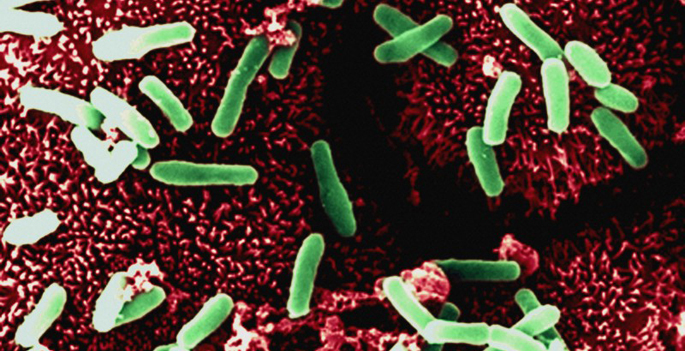
Defusing ‘C. diff’ infection
Clostridium difficile on the intestinal lining. (Wellcome Images) Clostridium difficile (“C. diff”) infection is a leading cause of hospital-associated diarrhea, and the frequency and severity of infections are on the rise. D. Borden Lacy, Ph.D., associate professor of Pathology, Microbiology and Immunology, and colleagues recently demonstrated that the C. Read MoreNov 8, 2013
-

Neurotransmitter’s role in bone balance
Removal of the neurotransmitter norepinephrine from the space outside cells plays an important role in the regulation of bone remodeling. Read MoreNov 7, 2013
-
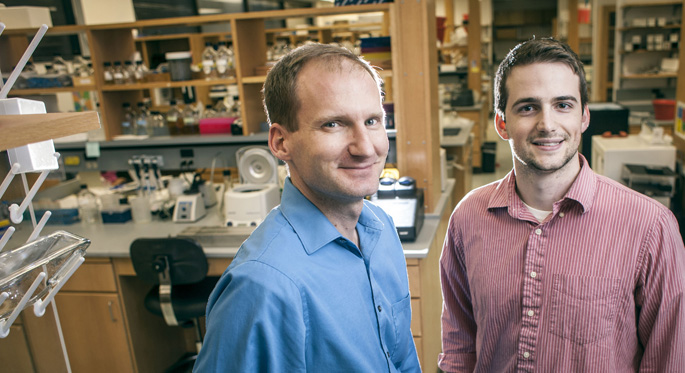
VU study sheds new light on DNA replication
David Cortez, Ph.D., and his Vanderbilt colleagues report new findings that shed light on fundamental processes involved in DNA replication and have implications for cancer therapies that target these processes. Read MoreNov 7, 2013
-

Preserving antibiotic arsenal for TB
Clinicians should be cautious about prescribing newer fluoroquinolone antibiotics to patients with TB risk factors; doing so may jeopardize the use of these agents against TB. Read MoreOct 30, 2013
-
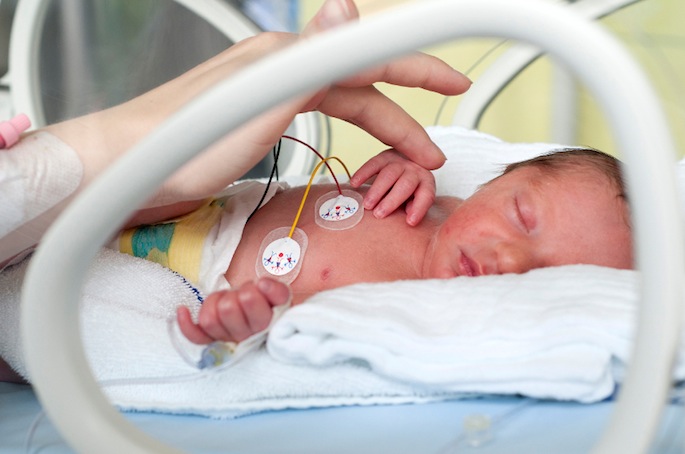
Tool predicts risk for developmental delays in early childhood
A non-invasive measure of electrical brain activity in preterm infants predicts cognitive and communication functioning during early childhood, according to a new Vanderbilt University study. Read MoreOct 28, 2013
-
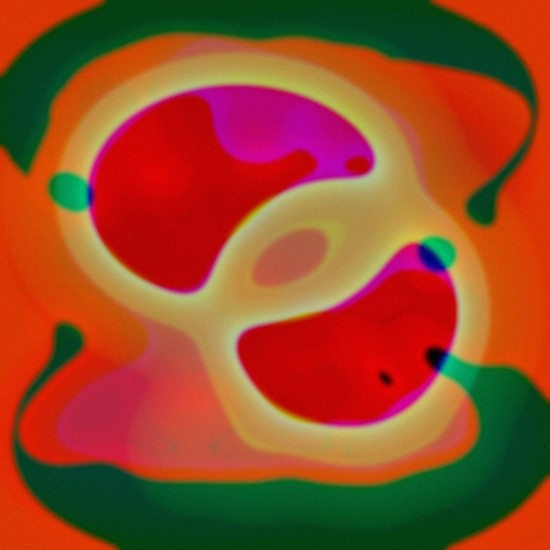
Targets of SIN drive cell division
Vanderbilt researchers have identified a key regulator of cell division. Read MoreOct 25, 2013
-
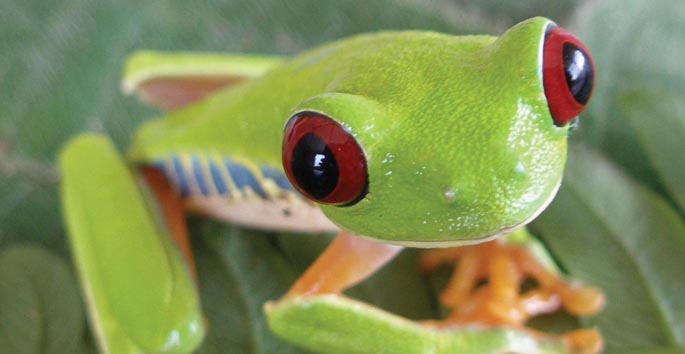
Frog-killing fungus paralyzes amphibian immune response
A fungus that is killing frogs and other amphibians around the world releases a toxic factor that disables the amphibian immune response, Vanderbilt University investigators report Oct. 18 in the journal Science. Read MoreOct 17, 2013
-

Relaxin combats insulin resistance
The hormone relaxin may offer a novel approach for treating diet-induced insulin resistance. Read MoreOct 16, 2013
-
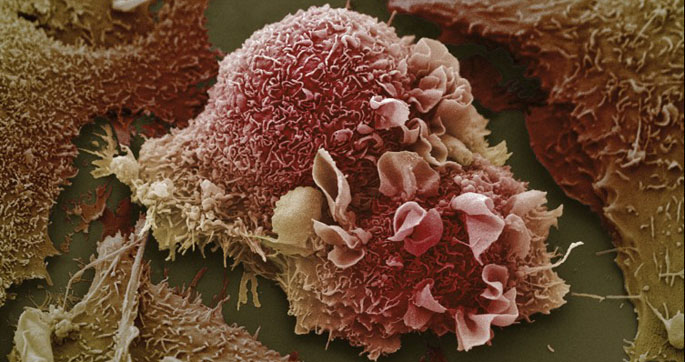
Probing mutant EGF receptor regulation
Understanding the regulation of mutant EGF receptors commonly found in lung cancers could lead to new targeted therapies. Read MoreOct 10, 2013
-
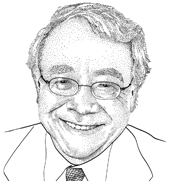
Intracellular receptor expert set for next Discovery Lecture
Keith Yamamoto, Ph.D., an international leader in the study of signaling and gene regulation by intracellular receptors, will deliver the next Flexner Discovery Lecture on Thursday, Oct. 10. Read MoreOct 3, 2013
-
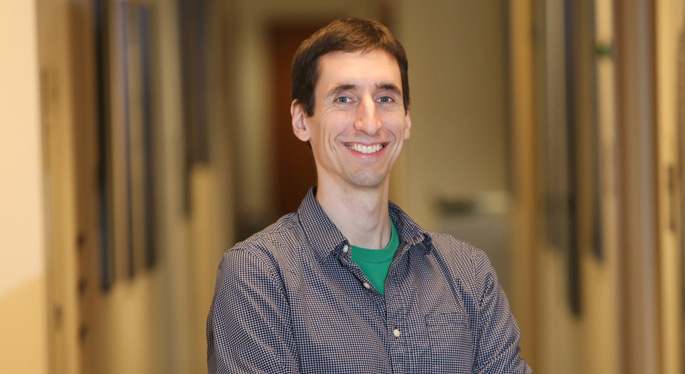
Pioneers of Discovery: Computer science drives Capra’s biomedical research
Tony Capra, Ph.D., is a new assistant professor of Biomedical Informatics and investigator in the Center for Human Genetics Research at Vanderbilt. His goal is to use the tools of computer science to address problems in genetics, evolution and biomedicine. Read MoreOct 3, 2013